|
|
|
Editor's note
|
|
The World Day for International Justice will be marked today as part of efforts by the United Nations to recognise an emerging system of international criminal justice. For Africa, these efforts are currently framed by a turbulent relationship between the International Criminal Court (ICC) and the continent.
One intriguing question is why some African leaders have taken an ambiguous stand towards the ICC – at times seeking the court’s involvement in internal affairs, at others condemning it for its work. Marco Bocchese unpacks the contradictory stances and provides answers to what lies behind them.
The ICC has been through a rough patch, suffering a string of acquittals and waning public confidence. In the light of this, the recent conviction of Congolese warlord Bosco Ntaganda represents real progress, argues Kerstin Carlson, setting out why it is a significant victory for international criminal justice.
|
Julius Maina
Regional Editor East Africa
|

|
|
Top Stories
|
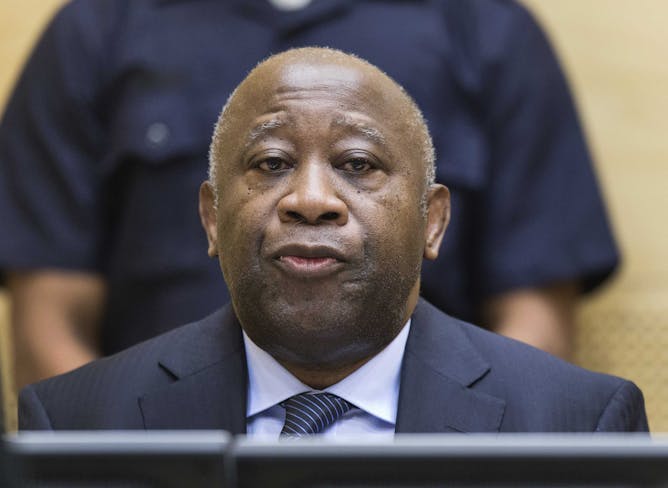
Former Ivory Coast President Laurent Gbagbo attends a confirmation of charges hearing at the International Criminal Court in The Hague.
EPA/Michael Kooren
Marco Bocchese, University of Illinois at Chicago
African leaders who have sought ICC involvement have all seen the court as being beneficial to the survival of their governments.
|
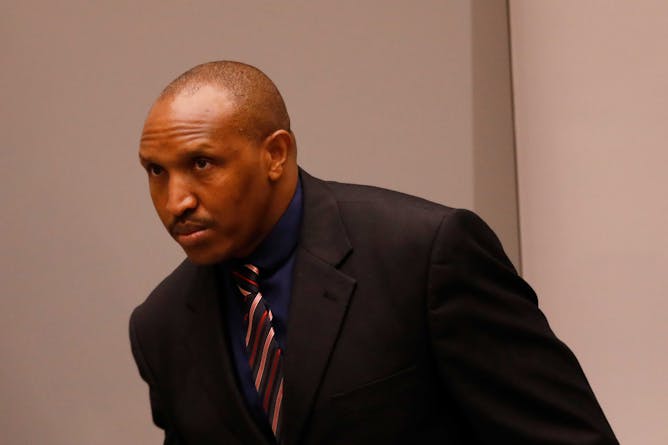
Congolese Bosco Ntaganda in the courtroom during the closing statements of his trial in The Hague.
EPA-EFE/Bas Czerwinski
Kerstin Carlson, University of Southern Denmark
Ntaganda's conviction represents real progress, and an actual significant victory, for the ICC.
|
Education
|
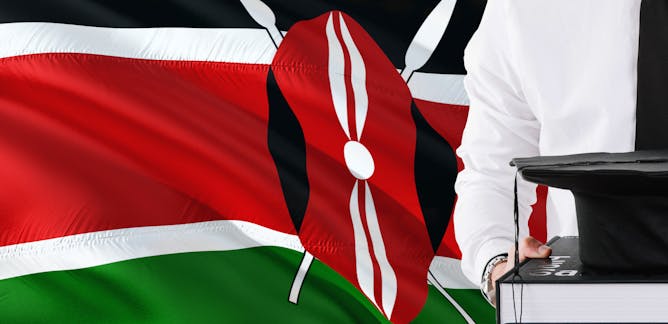
Michael Kithinji, University of Central Arkansas
Factors behind the hits and missed of the higher education sector in Kenya and East Africa. What need to be done to fix address the problems.
| |
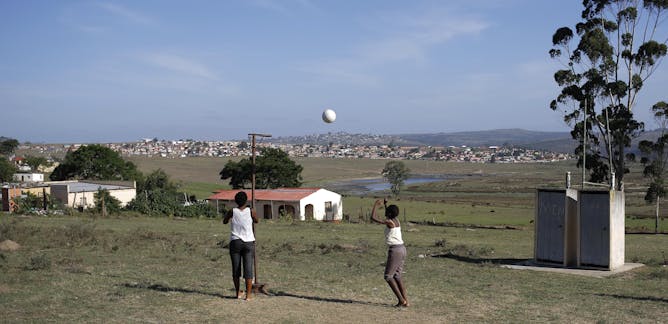
Franziska Meinck, University of Oxford
Adolescent girls experience a number of vulnerabilities which incease their risk of engaging in risky sexual behaviours.
|
|
|
En français
|
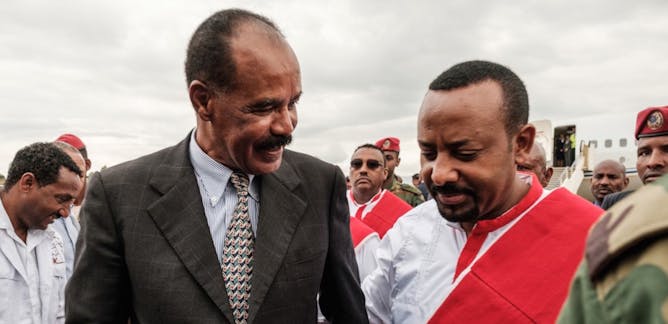
Sonia Le Gouriellec, Sciences Po – USPC
Une période de transition s’est ouverte, en parallèle de ce processus régional de paix, pour chacun des régimes de la région, crispés par les événements au Soudan et en Algérie.
| |
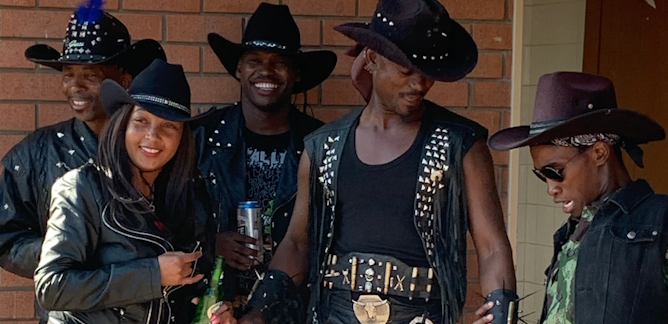
Fabrice Raffin, Auteurs fondateurs The Conversation France
Au Bostwana, la musique metal se vit « façon longues vestes en cuir à franges et chapeau de cow-boys ».
|
|
|
From our international editions
|
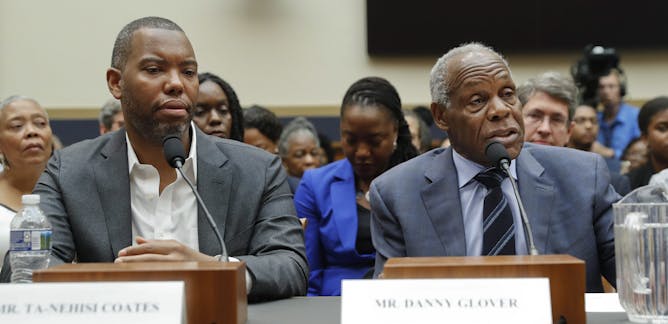
Bonny Ibhawoh, McMaster University
Reparation opponents who oppose truth and reconciliation by insisting that America’s “original sin” of slavery is in the distant past should heed the lessons of Canada and South Africa.
| |
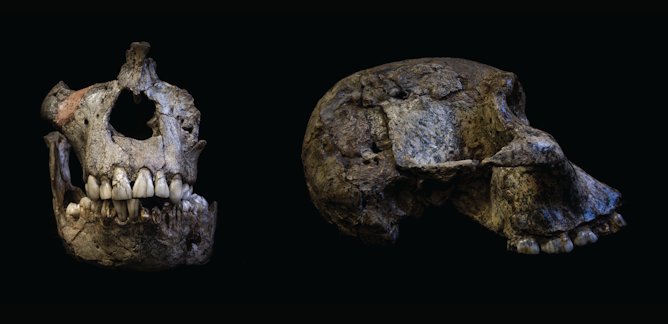
Renaud Joannes-Boyau, Southern Cross University; Ian Moffat, Flinders University; Justin W. Adams, Monash University; Luca Fiorenza, Monash University
A new study shows the enigmatic hominin species Australopithecus africanus may have breastfed young for around 5-6 years – a very costly practice for the mother.
|
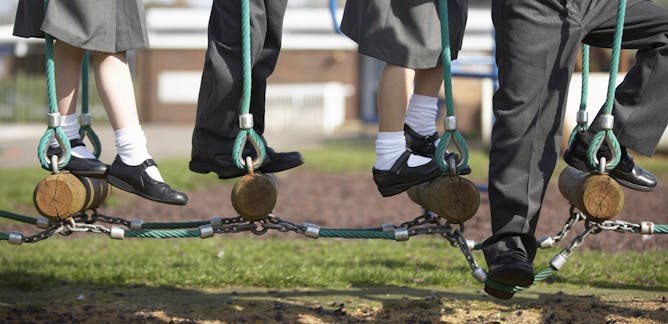
Mel Ainscow, University of Manchester
When it comes to inclusive education, England has gone backwards, with more and more students placed in segregated provision or excluded from educational opportunities.
| |
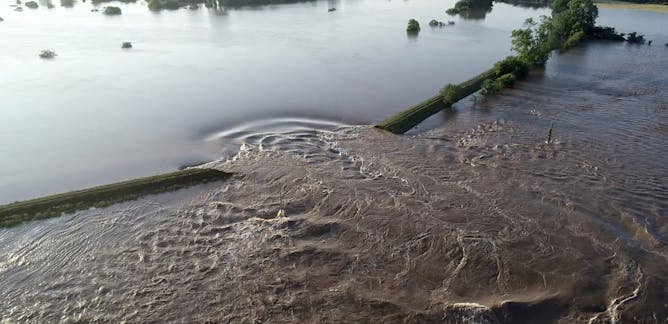
Amahia Mallea, Drake University
At a time when storms are becoming more frequent and severe, relying on levees for flood control can create as many problems as it solves.
|
|
|
| |
| |
| |
| |
Would you like to republish any of these articles?
|
|
It’s free to republish, here are the guidelines.
Contact us on africa-republish@theconversation.com in case you need assistance.
|
| |
| |
| |
| |
|
|
|
|
|
|
|